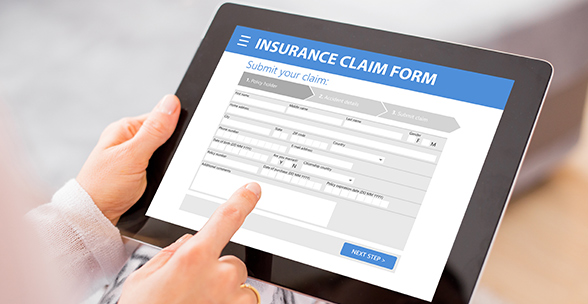How integrated Prescription Drug Monitoring access helps physicians address the opioid crisis
This article addresses common questions about the PDMP and helps physicians understand how integrating PDMP queries into the e-prescribing workflow promotes high-quality patient care.
What is the PDMP, and how often should physicians query it?
The PDMP is a state-specific electronic database that tracks controlled substance prescriptions in that state. Authorized users can access prescription data within the PDMP to inform prescribing decisions. They can also use it to identify patients who are obtaining opioids from multiple providers, calculate the total amount of opioids prescribed per day, and identify patients who are being prescribed other substances that may increase risk of opioids.
In terms of the frequency of querying, state requirements vary. However, the CDC recommends physicians check the PDMP before starting a patient on opioid therapy and at least once every three months thereafter.
Are physicians required to query the PDMP?
Yes, in many states, physicians are required to query the PDMP before prescribing controlled substances. However, to ensure compliance, Kareo advises all prescribers to consult with legal authorities within their state for all non-federal regulatory mandates regarding prescription drug monitoring and tracking. Even if a particular state doesn’t require it, querying the PDMP is a critical safeguard when prescribing controlled substances. An added bonus may be that it can even help physicians qualify for bonus payments under Medicare’s Merit-based Incentive Payment System.
What are the challenges associated with querying the PDMP, and how can EHRs help?
The biggest challenge is that physicians must access the PDMP separately from their EHR. This results in a disjointed, inefficient workflow for clinicians, as well as a negative patient experience.
Many EHRs are addressing this challenge by integrating directly with state specific PDMPs so physicians have prescription drug information directly at the point of care. They no longer need to sign on to the PDMP to search each patient’s prescription history.
Some states are even starting to require this level of integration. Illinois, for example, amended state laws in 2018 to include a requirement that all EHRs integrate with the state’s PDMP by January 1, 2022. Other states may soon follow suit.
“It’s more of a streamlined process,” says Liz Fobare, Sr. Director of Product Management at Kareo. “Physicians are saving time and not dealing with disjointed technology having to jump from one system to another. They’re able to seamlessly get a full understanding of their patient’s prescription history directly within their e-prescribing workflow.”
In addition to promoting a streamlined provider workflow, integrated PDMP access also saves time. When compared with standard PDMP lookup, integrated access is three times faster. Another benefit? It improves patient safety. Physicians receive alerts for drug allergies, interactions, and formularies. They can also intervene at the earliest signs of substance abuse. Finally, it enhances security and compliance. Integrated PDMP access ensures compliance with DEA, state, and federal requirements.
How can physicians make the most of integrated PDMP access to improve patient care?
Consider the following tips:
- Perform bulk searches, if possible, to save time.
- Consider delegating PDMP access to authorized individuals who can collect data on behalf of the prescriber to save time and to alleviate physicians from diverting their attention from clinical duties. For example, front desk personnel may be able to check the PDMP as part of a patient’s pre-visit planning to identify patients that require additional screening and minimize unnecessary testing.
- Consider accessing the PDMP to review all patients’ scheduled drug usage even when not planning to prescribe a controlled substance. This helps physicians proactively identify opportunities for patient education and other types of interventions, when needed.
Integrated PDMP access helps physicians curtail opioid abuse without adding additional operational burden on today’s busy medical practices. It’s about accessing critical prescription information at the point of care so physicians can make informed decisions and help patients on their journeys toward health and wellness.
Interested in integrating PDMP access for EPCS enrolled providers at your practice? Contact your Kareo representative for more information. If you are looking for a new EHR vendor for your practice or a starting a new practice, download our free guide, It’s Time to Switch to a Software Platform You Can Trust.




















